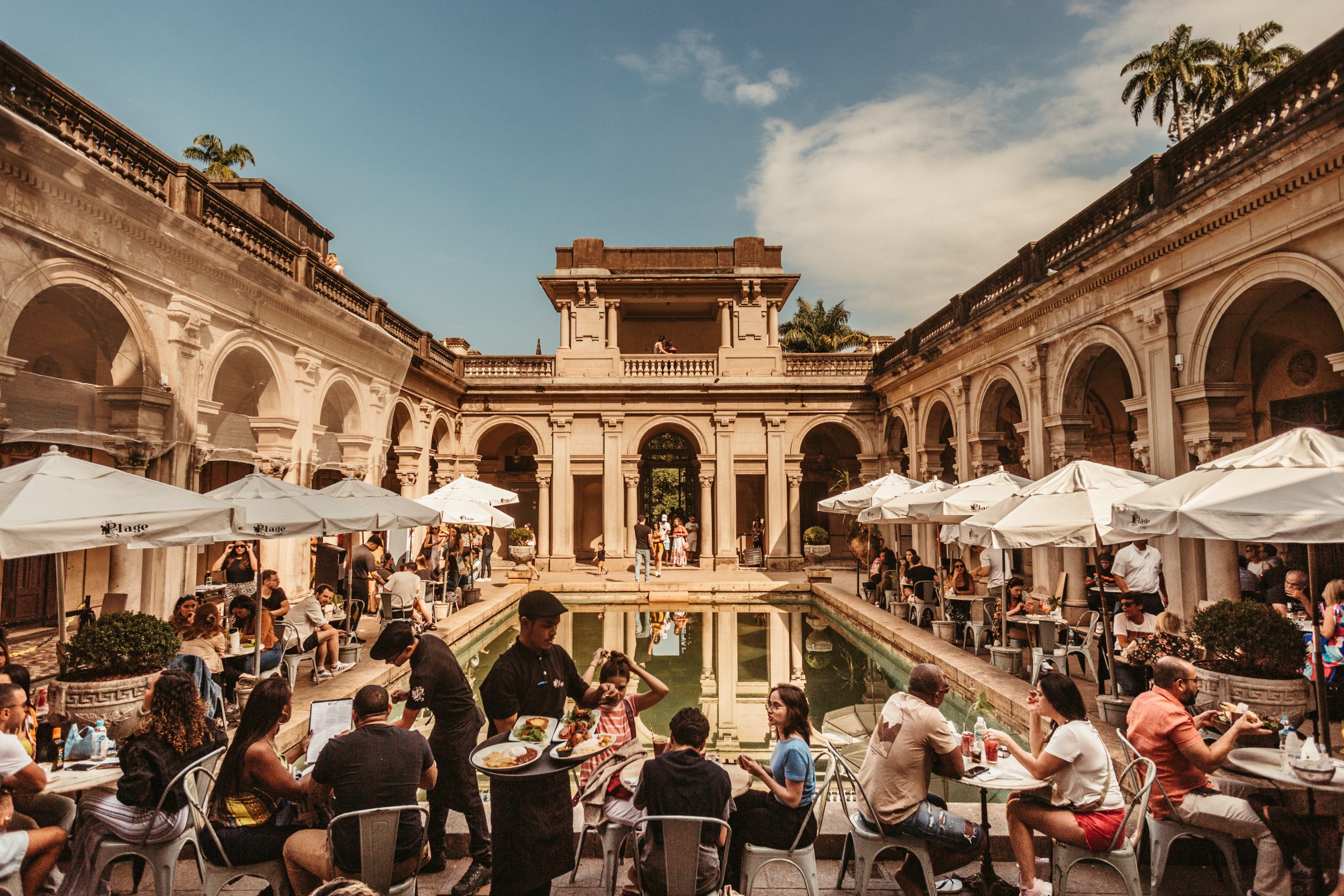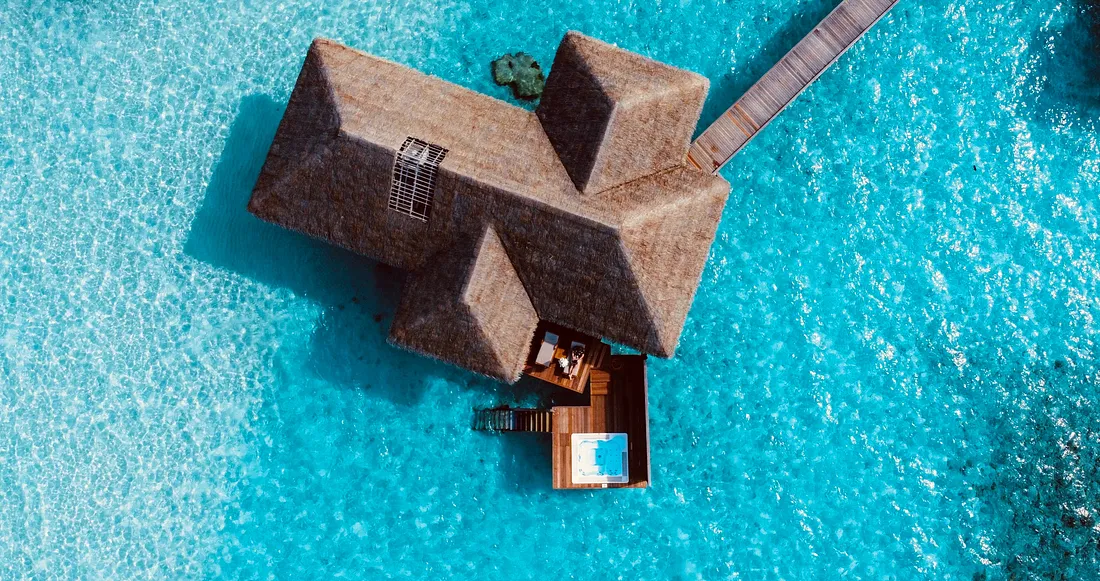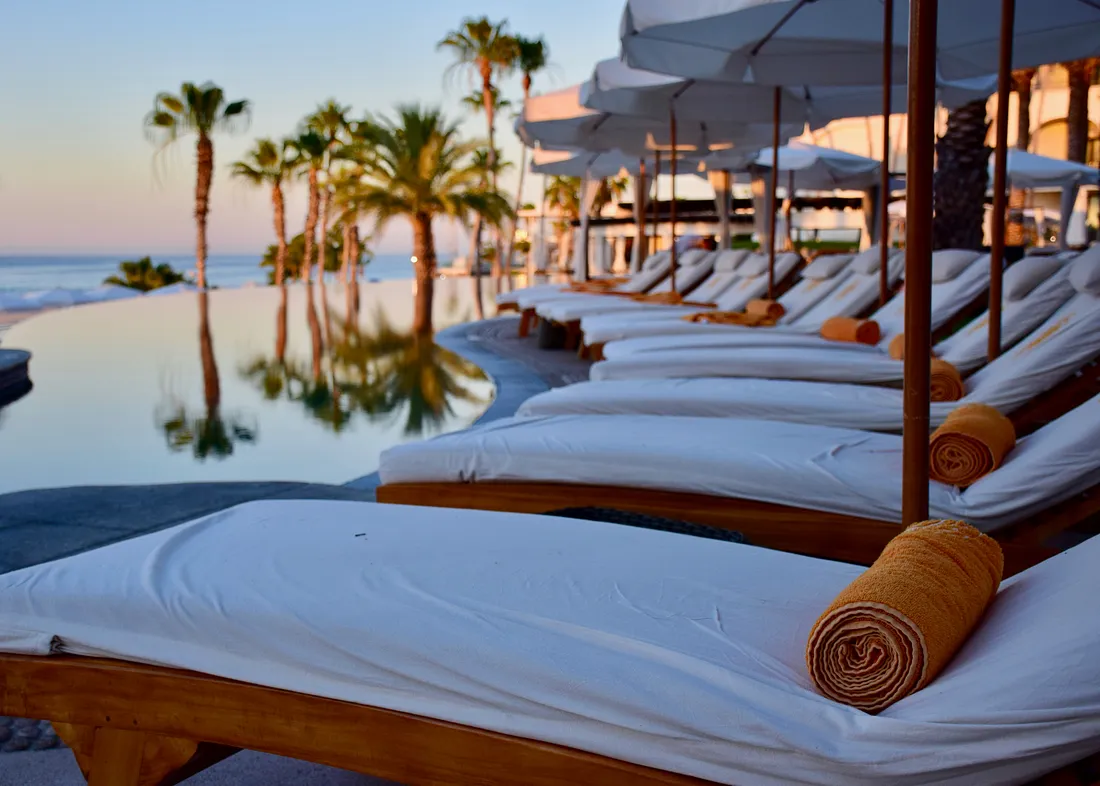Luxury Experiential Tourism: Enriching Journeys Beyond Conventional Travel
As the tourism industry evolves, a space has opened up for those travelers who seek more than just ordinary vacations. But what drives them to search for experiences that go beyond the conventional and immerse themselves in a world of opulence and meaning? In recent years, luxury tourism has experienced exponential growth. According to a report by Allied Market Research, between 2016 and 2022, this segment had a compound annual growth rate (CAGR) of 6.4%. But what's even more impressive is that over the past five years, its growth has outpaced that of the overall tourism industry, with an average increase of 48%. This data reveals a growing demand for experiences that offer exclusivity, personalization, and an unmatched level of luxury. On the other hand, according to the report "Luxury Tourism in Spain 2015" by The Ostelea School of Tourism and Hospitality, key criteria for luxury travelers include the degree of luxury in accommodations, with 46.4% of travelers considering it the most important aspect; transportation in business or first class, mentioned by 18.1%; and the exclusivity of the activities carried out, mentioned by 17.3% of respondents. In this context, iconic destinations have become havens for those seeking enriching experiences. For example, Bhutan, known
How younger generations are reshaping luxury travel
As I recently shared, luxury travel is back in a big way. And while there are a number of factors for this boom, I want to focus on one that may surprise you: the influence of millennials and Gen-Z. As consumers, these generations are often seen as more conscious and informed than those that came before them, making it difficult to predict how they would wield their eventual buying power. But they are now making themselves abundantly clear: 79 percent agree that travel is an important budget priority. Let’s dig into why. Cash flow. During the pandemic, many young people took the opportunity to pay down debts and save on rent by living with family members. At the same time, while previous generations were more likely to become homeowners in their 20s and 30s, a number of economic factors are keeping many millennials and Gen-Zers out of the housing market. This group is also marrying and having children later, if at all. In short: they have money to burn and less financial responsibilities to hold them back. And, after years of staying close to home, they are looking to use their financial freedom to make up for lost time–whether it be paying for travel upgrades, choosing hotels with higher-end amenities, or crossing dream
Luxe Influx: The high-end travel resurgence
Travel is back despite years of pandemic-related hardships, and neither inflation nor still-recovering economies seem to be slowing it down. Just last year, air travel soared to 70 percent of its pre-pandemic levels worldwide. Hospitality was also booming across the globe, as hotel occupancy averaged almost 70 percent last summer–a 5 percent increase from summer 2019. While tourism is booming overall, high-end travel is standing out as the current sector to watch. In 2021, the market was worth $638.2 billion globally. By 2031, it’s projected to hit $1,650.5 billion. This year, luxury travelers are expected to spend 72 percent more on airfare, experiences, and accommodations than they did before the COVID-19 era. Specifically, these travelers plan to spend an average of $5,000 per person on their next luxury vacation. Factors driving luxury travel While the pandemic threw a wrench in the tourism industry, it might ironically be one of the keys to its current resurgence. Many tourists are making up for years of lockdowns, restrictions, and social distancing by booking their dream vacations–and they are willing to shell out big bucks to make that dream come true. In fact, almost half of the participants in a recent survey specifically cited lost time during the pandemic as their reasoning behind plans to spend more



